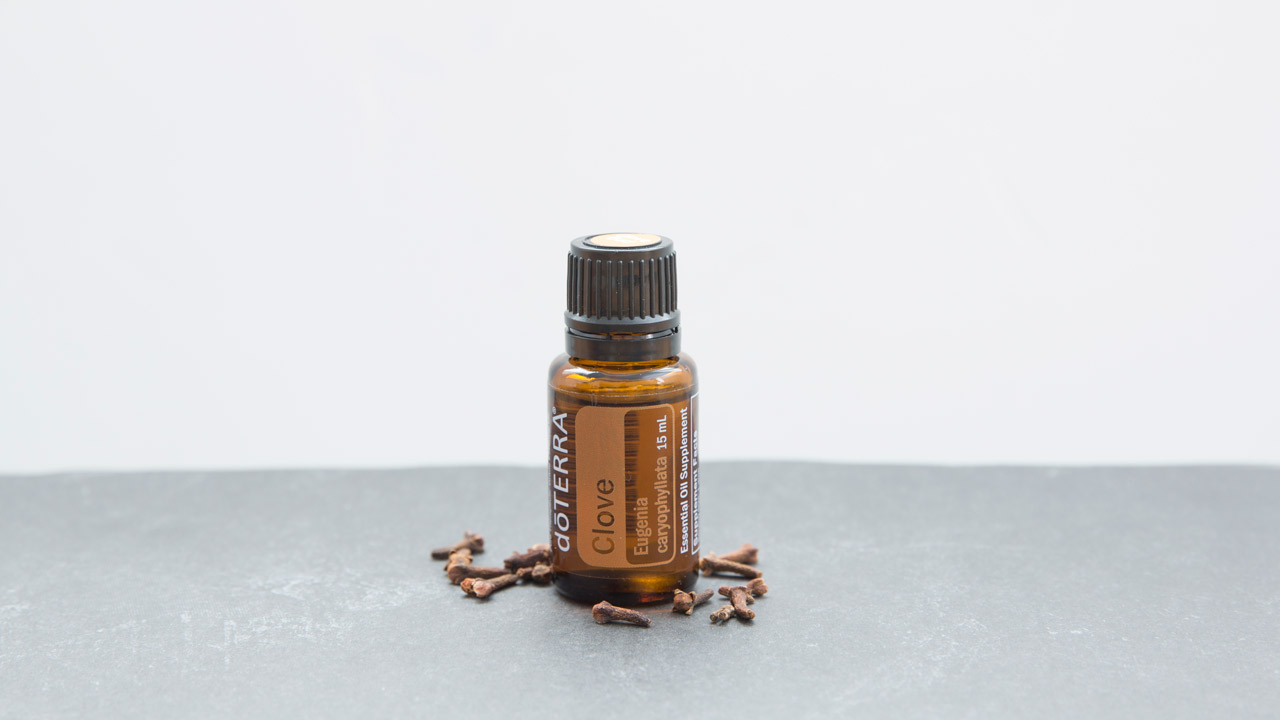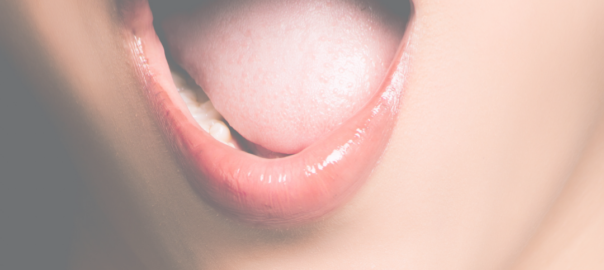Happy Monday Tribe!
I hope you all had a wonderful Father’s Day weekend, although the weather wasn’t the best here!
Last week we went through some genetic variants that can impact your energy, if you missed that make sure you catch the recap here:
This week we are switching gears and talking about the effects of your TONGUE on your brain!
I like to keep it interesting for you guys! You love it right?! Well, you really have no choice, although I DO LOVE RECOMMENDATIONS for topics:)
——————————————————————————————
Let me first talk about something that needs to be addressed first.
Being a brain doc I have done EXTENSIVE research in other fields. Dentistry, chiropractic, osteopathy and others.
There’s no medical person that can tell you they learn much of ANYTHING about the tongue. Nothing about the fascia layers, that tissue going into the tongue. nothing really other than what the parts of it are called and the nerve that goes to it.
But in reality the tongue is VERY important and complex, and holds a big key as to how our cranial bones move, and our brain working….
The tongue is very dynamic when we look at it with the head.
It actually has a strong impact on the base of the head. The fascial tissue around the brain (called the dura), does as well, but the tongue in general is more dynamic.
So far, what we have learned about the tongue is that when there is restriction in the tongues movement it has HUGE effects on the movement of the bones of the head. If someone has what is called a “tongue tie”

(not my image)
as shown here, the tongue cannot actually reach up to the roof of the mouth effectively.
What does that mean?
Well, that means that the upper palate (where the upper teeth come from ), doesn’t have stimulation from the tongue to grow properly. This means the palate will usually cause a narrowness in the face, sinuses, and usually airway problems.
So we need the tongue to lift up for airway, swallowing, and also posture.
But, what’s also important is not only lifting the tongue, but the base of the tongue is also relevant to the movement of the cranial bones. A tongue tie, is a fascial restriction. Fascia is connected throughout our entire body, but the tongue is actually the strongest fascial layer in the body!
When someone is a mouth breather or a tongue thruster because the tongue is bound down, it also has a direct effect on the movement at the base of the skull which ALSO leads to a narrow palate.
Let’s move down from the tongue….
Going down…
Going down the body, a tongue tie can also affect your hyoid bone.

(not my image)
The hyoid bone is a moveable bone going down your throat.
When there is a tongue tie, there is tension from the muscles and fascia above and below this bone. This means that with tension, it can pull a person into a more forward posture, creating improper posture and improper airway.
But also!
That fascial tissue and pull goes ALL THE WAY down to the sternum.
If you have a really tight sternum or chest,
its the fascial relationship of the tongue!
That’s because this tissue connects to the
–Bronchopericardiac membrane (lungs)
– phrenoparicardial ligament (diaphragm)

(not my image)
The tongue tension goes into the rest of the body, so you have to release the phrenopericaridal ligament, attaches the heart into the diaphragm, which will also pull that person into the forward posture. The diaphragm has a HUGE connection with posture.
The collarbone has two of the 3 axial layers of cervical fascia attached to the hyoid bone. A lot will get pulled inferiorly and drag the whole system with them. Not allowing the whole tongue to function properly.
Know someone that has a tight sternum and chest? (they probably have a tongue tie)
So the fascial restrictions below the hyoid can also cause problems.
You have to look at the whole picture here. Because the brain likes BALANCE.
________________________________________________
This is why it is so important. …..
In my practice I would get patients feeling better with their brain working better, less tension, better posture, better breathing.. But for some individuals things kept coming back.
What we learn is the tongue.
When patient had the issues of tongue dysfunction (tongue ties), and had the tongue tie release done (just lasered that tissue off) those muscles and fascial tissue relaxed and had a lasting effect.
The brain no longer has to keep going into those patterns because the restriction is off. Pretty awesome right?!
BUT, I will say integration of the ENTIRE body is important. You can’t just get a tongue tie release done without craniopathy care and body work and expect the same results.
(think about the whole line I just talked about)
Integration is key. Because after all if the nerves getting to the tongue aren’t working, then a tongue tie release wont’ make much difference. Fix the nerves first then do the release and soft tissue work.
HUGE:
Proper swallow- having that free end of the tongue helps flexion of the maxilla, the tongue is the scaffold from the growing bone, and the tongue will be able to lift to the palate.
____________________________________________________________
I know tongue tie release is becoming more common in infants with feeding issues, but it’s also JUST as common in adults that have chronic neck, breathing, jaw, swallowing and upper body tightness.
Getting cranial work done to get the brain to work better and getting a tongue tie release can be LIFE changing for many people, myself included.

ON the spotlight this week is clove oil! This is the oil i use to numb the gums for any dental work and for tongue tie releases!Sourced from Madagascar, doTERRA Clove oil is harvested from unopened and dried flower buds of the evergreen tree, Eugenia caryophyllata. Though it is more commonly recognized as a ground household spice, Clove oil is a unique and powerful option that you can utilize even outside the kitchen. It is a popular choice for adding spice to a meal, administering a warming massage, freshening your breath, and more. Clove essential oil has many everyday uses—making it a helpful addition in any home.
Clove Oil Uses and Benefits
- Clove oil can be especially useful for dental hygiene. For years, Clove essential oil has been used in candies, gum, and dental preparations due to its ability to cleanse the mouth and help freshen breath. There are several ways to harness the cleansing and soothing benefits of Clove oil for the teeth, gums, and mouth at home. For example, place a single drop of Clove oil in two ounces of water and gargle for a soothing effect. You can also add one drop of Clove to your toothpaste, which will promote clean teeth and fresh breath. For an extra clean feeling, apply one drop of Clove oil to your teeth and gums after your six month appointment with your dentist.
- Because of its warm, spicy characteristics, Clove essential oil makes the perfect addition to your favorite autumn or holiday recipes. This essential oil pumpkin pie recipe harnesses the delicious, spicy flavor of Clove, Ginger, and Cinnamon essential oils to add a new twist to an old favorite. Whether you are getting ready to host a big holiday party, or you are looking for the perfect dessert for a crisp fall evening, this pumpkin pie recipe will soon become your go-to for the holiday season.
- Not only is the spicy, autumn flavor of Clove oil great for cooking, you can also enjoy the scent of Clove oil in your own homemade sugar scrub. Make your own skin exfoliating scrub at home by combining the fall scents of Cassia, Ginger, and Clove essential oil, and enjoy smooth, exfoliated skin. You’ll love this festive fall sugar scrub that smells like a crisp autumn day.
- Add Clove oil to your daily supplement regimen to help promote wellness. To experience the benefits that Clove oil has to offer, consider adding two or three drops of the oil to a doTERRA Veggie Capsule and take internally to support cardiovascular health.*
- Have you tried making your own potpourri using essential oils? Clove oil is a helpful addition to a homemade potpourri concoction, especially if you are trying to fill your home with the warm scents of autumn and winter. Use Cinnamon, Cassia, Vetiver, Wild Orange, Ginger, Cardamom, Clove and your other favorite oils to add an aroma to this homemade potpourri and enjoy the warm, spicy, and herbal scents of fall.
- Make a sweet treat for your loved ones with this delicious gingerbread cookie recipe. Obviously you’ll need some Gingeressential oil, but you can amp up the taste of regular gingerbread cookies with some extra help from Cinnamon and Clove oils. These yummy gingerbread cookies are gluten-free, sugar-free, and vegan, so they are perfect for any of your friends or family who have diet restrictions. Plus, they taste delicious!
- Because Clove oil brings a warming sensation to the skin, it is sometims used for massage therapy. Keep in mind, however, that Clove is known as a hot oil, and should always be diluted with Fractionated Coconut Oil. Or, if you want to enjoy the benefits of a calming, warm massage at home, you can also combine Clove essential oil with the doTERRA Hand and Body lotion.
- Experience the invigorating scent of Clove oil by diffusing it during the fall and winter seasons. For a stimulating diffuser blend, diffuse three drops of Clove, two drops of Cinnamon, and one drop of Wild Orange oil in the essential oil diffuser of your choice.
Plant Description
Clove oil comes from flower buds of an evergreen tree. Requiring a tropical, humid environment, the clove tree produces flower buds, and Clove oil is created out of the unopened or dried flower buds. Clove trees have been useful for centuries for cooking, perfumes, and other aromatic uses. Originally hailing from Southeast Asia, the clove tree, or Eugenia caryophyllata, can live up to 100 years and is a member of the myrtle family whose leaves, flowers, and buds are highly aromatic—making it useful for essential oil production.
Chemistry of Clove Oil
Main Chemical Component: Eugenol
The bud of a clove tree contains a significant amount of the active chemical component eugenol, which contributes to the energizing fragrance of Clove essential oil. Studies have shown that eugenol has the potential to assist the body in maintaining normal gastrointestinal motility, which is particularly helpful during times of stress when the digestive tract is not functioning properly.* Eugenol is also used in several dentistry applications, which is why the oil from clove buds is often noted for its benefits for oral care.

